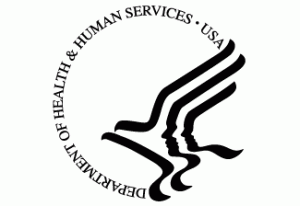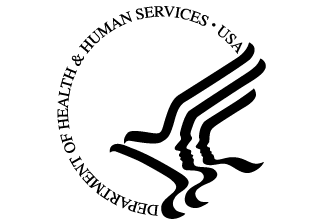 After years of focusing on the safety of children, the nation's juvenile courts are shifting to a more holistic approach that takes into account the emotional, social and academic well-being of at-risk youth.
After years of focusing on the safety of children, the nation's juvenile courts are shifting to a more holistic approach that takes into account the emotional, social and academic well-being of at-risk youth.
That effort, which has been underway for at least a year, will be showcased Thursday during a webcast moderated by David Kelly, head of the federal Department of Health and Human Services child protection programs.
The crux of the webcast, which starts at 2 p.m. EDT, is to explore how the courts, which are so used to patrolling a child's safety, can attend to the mental, social and physical "well-being" of a child. More precisely, the effort will vet 14 specific measurements that were developed by a committee last summer to ensure the courts are meeting every need of a child - not simply plucking them from dangerous homes or removing risky parents from their lives.
About 400 people, many of them judges, attorneys and court administrators, are expected to tune into the webcast.
Also participating will be Gene Flango and Nora Sydow of the National Resource Center and National Center for State Courts; Evan Klain, who is director of child welfare for the ABA's Center on Children and the Law; Associate Judge Robert Hofmann of Mason County, Texas; and Sandra Moore, head of Pennsylvania's state office of Children and Families in the Court.
Much attention has been paid over the years to punitive measures for juveniles and protective measures that focused, almost singularly, on a child's safety. The idea was to remove them from at-risk situations, ensure the efficiency of moving children through the system and stopping the cycle of re-abuse.
Ignored along the way were educational attainment, social adaptation and mental health. That, according to people involved in Thursday's program, is the exact idea behind the 14 measures that will be discussed as part of a wider effort to comply with federal law - chiefly the 1997 Federal Adoption and Safe Families Act.
Eric Ferkenhoff is the editor of The Chicago Bureau.
